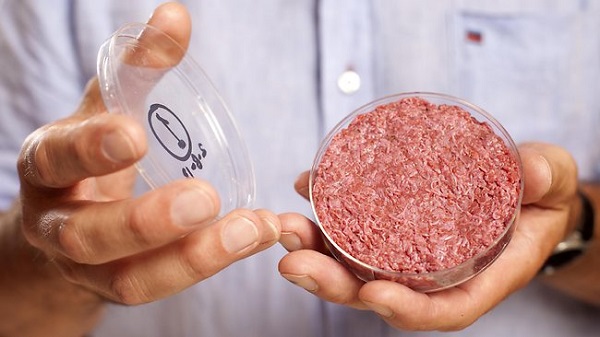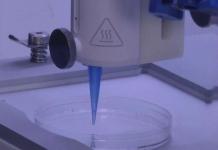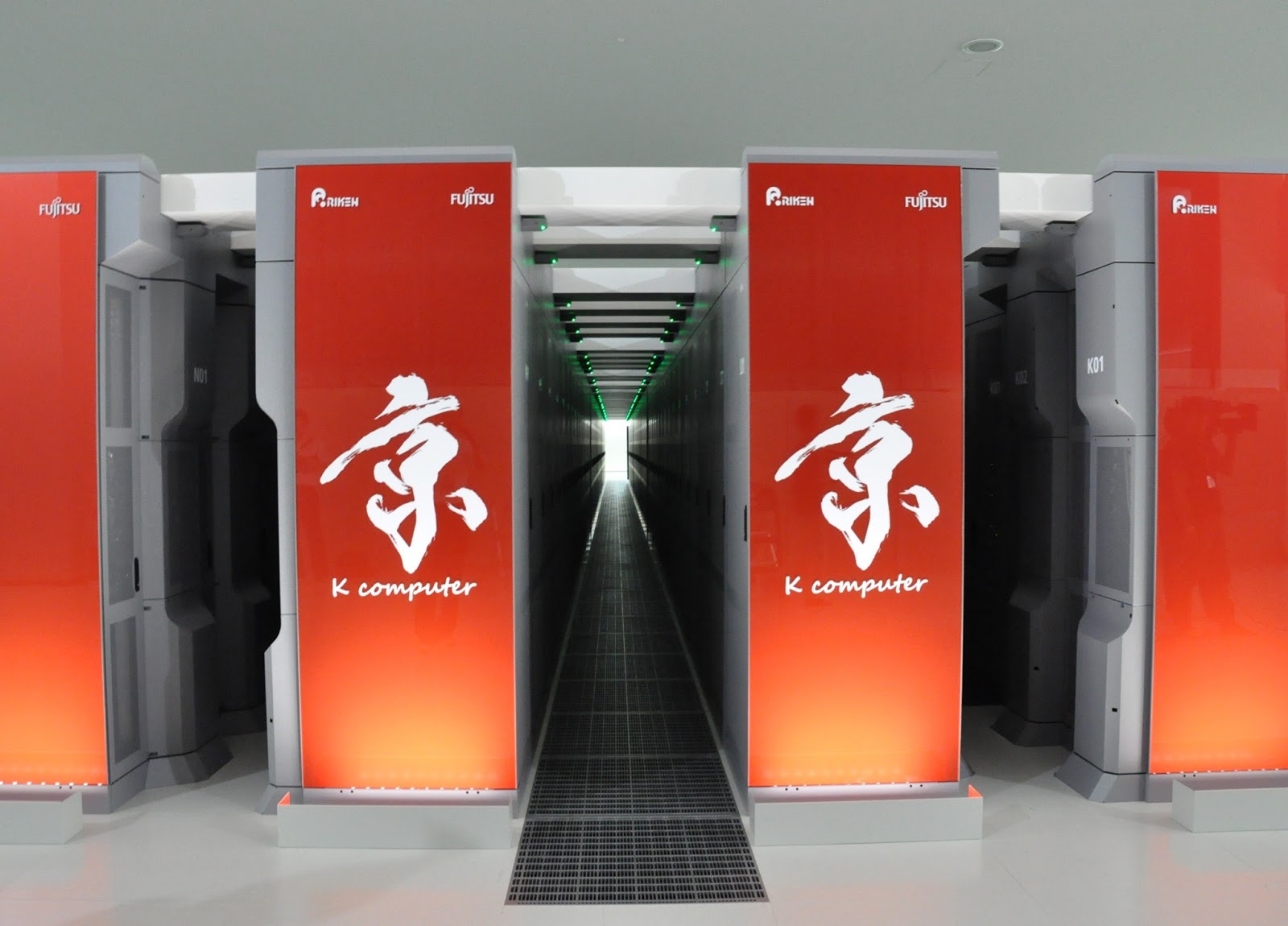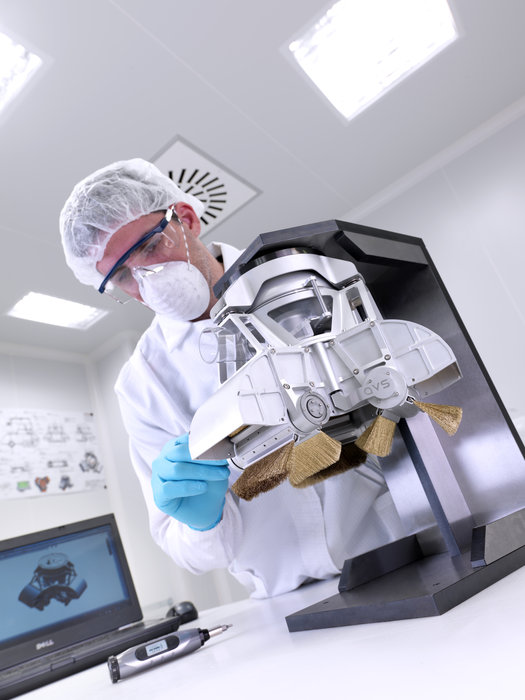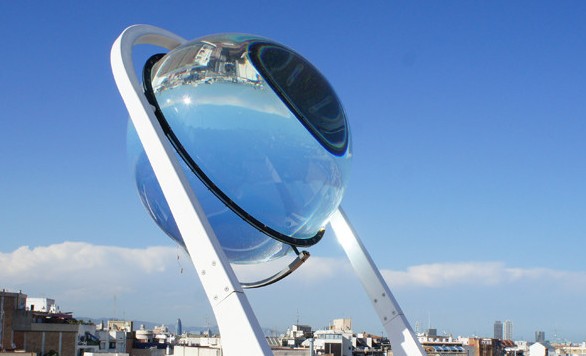In what could be the future to solve growing concerns about food shortages, scientists have created a hamburger that has been grown in a lab.
The cycle of food production, while having changed in terms of ethics over the years, has very much stayed the same for most of our lifetimes. First, a raw material, be it grain or some type of meat, is grown on a farm, that material is then either packaged right away or turned into something new (e.g wheat being turned into pasta) and then it arrives on the shelves of our supermarkets after a bit of travelling. This is the way that it has been for a long time, but due to the rising demand of food, particularly meat, scientists have come up with a way to make even more food for the world ; to grow it in a lab.
Scientists’ first attempt at these lab grown meals is the classic hamburger. The team at Maastricht University in the Netherlands, led by Dr. Mark Post, used the biopsy of a cow to grow the fibres that we would get from the farm grown version of hamburger meat. From the biopsy, the team of scientists extracted stem cells, before using these stem cells to grow 20,000 muscle fibres in petri dishes in the lab over a course of three months. Once ready, they individually removed the fibres from the growth gel that they’d been placed in, before straightening them out, pressing them together and creating the hamburger.
On Monday (the 5th of August), the ‘test-tube’ burger as it has been dubbed, made its debut in London, being cooked, eaten and reviewed by food critics. The scientists added beetroot to give the meat its ‘pink’ colour, plus saffron, caramel and breadcrumbs for flavour beforehand, though one food critic, Hanni Ruetzler, did say that she was unable to taste these ingredients. The other critic on the panel, Josh Schonwald, said that “there’s a leanness to [the burger], but the general bite feels like a hamburger.” this is likely due to the lack of fat cells, which the scientists say they have yet to create using the lab method.
Currently, the price for a lab grown burger is quite high, as, funded by Google co-founder, Sergey Brin, the project totalled a cost of around £250,000. However, should that price somehow come down, it could be a revolution in food production, much needed as not enough food is currently being made and food that is being made has serious environmental and ethical outcomes for the population. The lab grown burger, meanwhile, uses 45% less energy than farming cattle, creates 96% less greenhouse gas and requires 99% less land in order for it to be made, making this a win win situation in all aspects but cost.
Watch a video below of the burger being tasted.
We’ll keep you posted once we know more.

